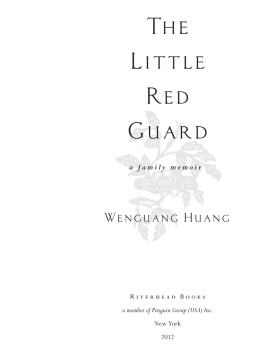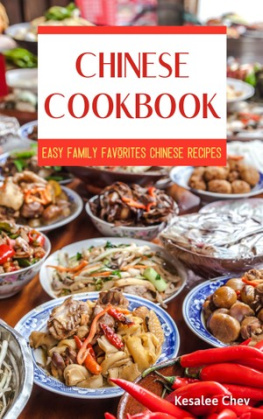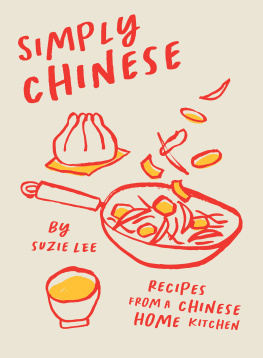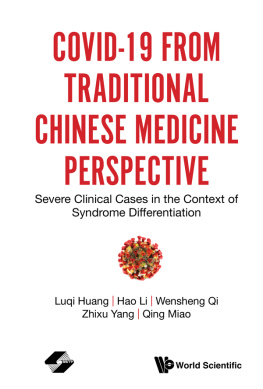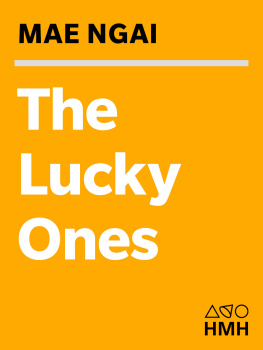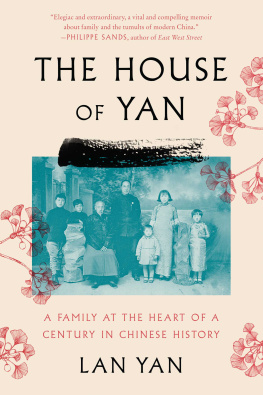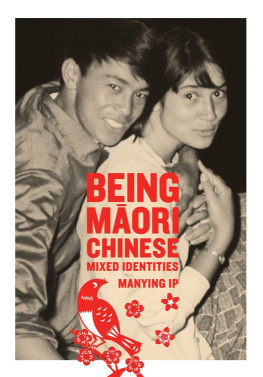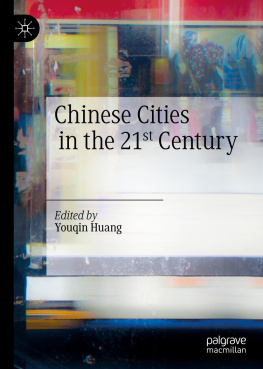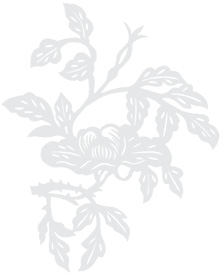T HE L ITTLE R ED G UARD
a family memoir
W ENGUANG H UANG
R IVERHEAD B OOKS
a member of Penguin Group (USA) Inc.
New York
2012

RIVERHEAD BOOKS
Published by the Penguin Group
Penguin Group (USA) Inc., 375 Hudson Street, New York, New York 10014, USA Penguin Group (Canada), 90 Eglinton Avenue East, Suite 700, Toronto, Ontario M4P 2Y3, Canada (a division of Pearson Penguin Canada Inc.) Penguin Books Ltd, 80 Strand, London WC2R 0RL, England Penguin Ireland, 25 St Stephens Green, Dublin 2, Ireland (a division of Penguin Books Ltd) Penguin Group (Australia), 250 Camberwell Road, Camberwell, Victoria 3124, Australia (a division of Pearson Australia Group Pty Ltd) Penguin Books India Pvt Ltd, 11 Community Centre, Panchsheel Park, New Delhi110 017, India Penguin Group (NZ), 67 Apollo Drive, Rosedale, North Shore 0632, New Zealand (a division of Pearson New Zealand Ltd) Penguin Books (South Africa) (Pty) Ltd, 24 Sturdee Avenue, Rosebank, Johannesburg 2196, South Africa
Penguin Books Ltd, Registered Offices: 80 Strand, London WC2R 0RL, England
Copyright 2012 by Wenguang Huang
All rights reserved. No part of this book may be reproduced, scanned, or distributed in any printed or electronic form without permission. Please do not participate in or encourage piracy of copyrighted materials in violation of the authors rights. Purchase only authorized editions.
Published simultaneously in Canada
Library of Congress Cataloging-in-Publication Data
Huang, Wenguang.
The little red guard: a family memoir/Wenguang Huang.
p. cm.
ISBN 978-1-101-58066-0
1. Huang, Wenguang, 1964Family. 2. Xian Shi (China)Biography. 3. Huang family. 4. ChinaSocial life and customs19491976. I. Title.
DS797.68.X536H83 2012 2011049342
929.20951dc23
While the author has made every effort to provide accurate telephone numbers and Internet addresses at the time of publication, neither the publisher nor the author assumes any responsibility for errors, or for changes that occur after publication. Further, the publisher does not have any control over and does not assume any responsibility for author or third-party websites or their content.
Penguin is committed to publishing works of quality and integrity. In that spirit, we are proud to offer this book to our readers; however, the story, the experiences, and the words are the authors alone.

For my father
Part One
D EMANDS
A t the age of ten, I slept next to a coffin that Father had made for Grandmas seventy-third birthday. He forbade us from calling it a coffin and insisted that we refer to it as shou mu, which means something like longevity wood. To me, it seemed a strange name for the box in which wed bury Grandma, but it served a practical purpose. It was less spooky to share my room with a longevity wood than with a big black coffin.
In 1973, Grandma had turned seventy-one, or seventy-two by the Chinese counting in which you are already one at birth. All of a sudden, she became obsessed with death and was scared. My sister, Wenxia, and I still remember the night when Grandma first broached the topic. Over dinner, Mother had launched into her usual tirade over household chores. She had visited a neighbors house the night before and seen how their eldest son willingly pitched in to wash dishes after dinner. He polished the stove squeaky clean, Mother said, looking at the four of us. Too bad I have given birth to a bunch of lazybones. We all hunched over our bowls silently. Grandma, impatient with Mothers whining about mundane household tasks, announced that she might die soon.
It never occurred to us children that Grandma would die someday. Ever since I could remember, she had seemed old, with wrinkles and brownish age spots on her face.
Father put down his chopsticks, looking startled and concerned. Are you feeling sick?
Not... yet.
Mother couldnt resist. What do you mean by that?
It turned out her fear was based on the old Chinese adage, When a person reaches the ages of seventy-three or eighty-four, the King of Hell is most likely to make his call. Considering that she had only one year to reach that first threshold, Grandma wanted to be ready. She asked Father to start planning her funeral. Following her death, Grandma wanted to be buried in her native village in Henan Province, next to my late grandpa.
Annoyed that she had been upstaged by Grandma, Mother left the table. Father looked relieved that his mother wasnt suffering from some serious physical ailment. Dont start imagining things, he said. Its a new society now and people no longer believe in those superstitious sayings. He picked up his chopsticks and went back to slurping his noodles.
Grandma never went to school, but she had a library full of sayings in her head and dispensed them freely. A few months before, a neighbor was planning a small banquet at home to celebrate her fathers upcoming fiftieth birthday. She came to Grandma to seek advice on a proper gift for her father, but ended up getting an earful on why she should give up on the plan. Back in our village, people never celebrated their birthdays before they turned sixty, she said, and backed up her point with a Chinese saying, Enjoying a banquet of meat and drink at sixty, ones life would never cease. Grandma warned that making a fuss over ones birthdays too early could harm longevity. Our young neighbor nodded gratefully.
When I heard the story, I asked Grandma to explain the science behind it. She brushed me off. If it has been passed down from generation to generation, it has to be true, she told me. In later years, I was surprised to hear friends who grew up in different parts of the country repeat a similar saying about celebrating birthdays at sixty, echoing what Grandma had said to our young neighbor.
We thought Grandmas new obsession with death was a phase and she would snap out of it soon, but as the cold, dark winter approached, she began to sleep less and less and the subject seemed to linger on the edge of every conversation. Oftentimes, Grandma would pretend to chat with me and my siblings at dinner, but we all knew she meant for my parents, especially Father, to hear. She said people in her native village were very particular about burialsthe location and maintenance of yin-zhai, or residences of the dead, were believed to be critical to the well-being of the future generations. In addition, people spent extravagantly on funerals because it was considered an ultimate expression of filial duty. Grandma then recounted the story of a virtuous young woman in a poor family near her village, kneeling on the street and offering to sell her body so she could collect money to give her deceased father a proper burial.
According to Grandma, the Huang family clan had a harmonious and prosperous life in a village in the northwest of Henan Province, on the northern bank of the Yellow River. In the late 1920s, tuberculosis hit the village and Grandpa was one of the first to succumb. It was a bloody death. The family paid a well-known feng shui master who recommended moving the family cemetery plot outside the village, next to the Yellow River, as a way to stem the outbreak. In those days, there was a popular legend about a big dragon resting under the Yellow River at the very point where it bordered Grandmas village. The feng shui master assured everyone that the spot he had chosen for Grandpa straddled the dragons back. The new burial ground will bring luck to our family, Grandma continued. When I reunite with Grandpa in my next life, a generation cycle will be complete. Its good for all of you.

